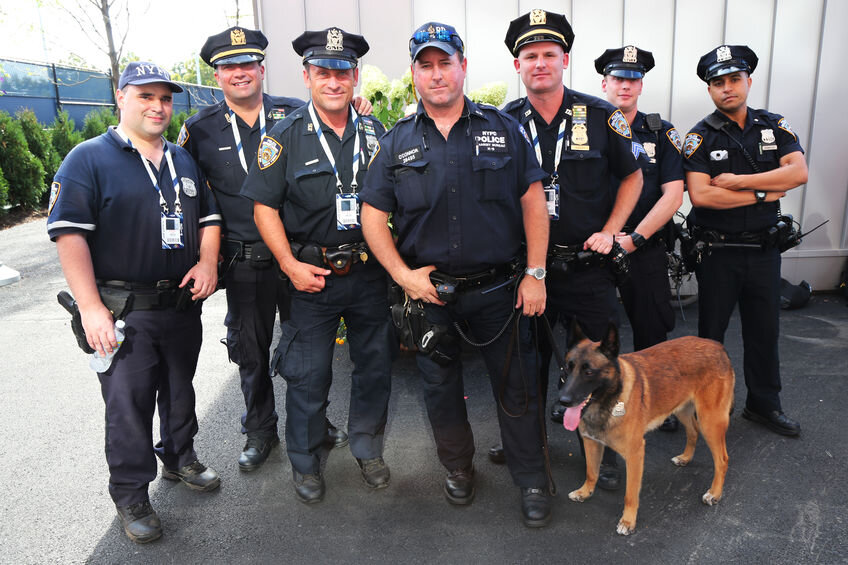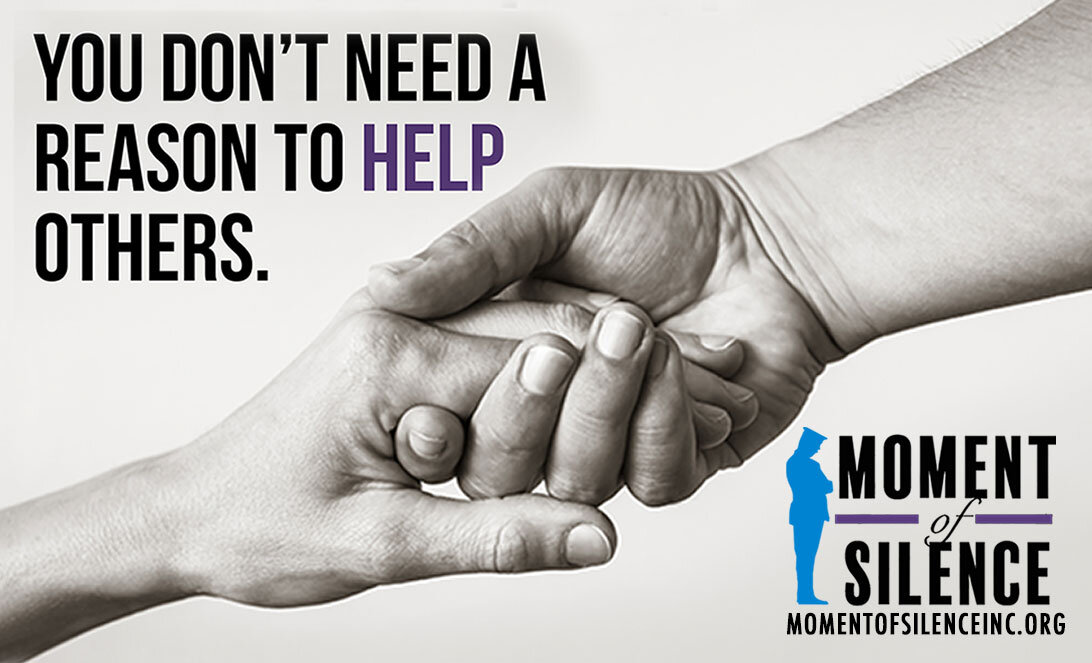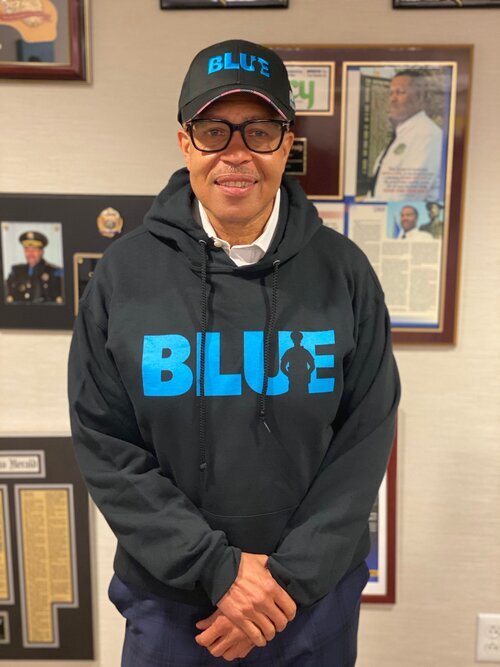COVIDGATE Attack on Informed Consent
/By Michelle Malkin
Patient rights and bioethics are impossible without truly informed consent. This fundamental concept has vanished from public view faster than paper towels and toilet paper from your grocery shelves. Informed consent matters more than ever because we are entering the most coercive era of medical tyranny in human history.
If the public health-industrial complex gets its way, you may not be able to work, travel, shop or go to school without proof of a COVID-19 vaccination. Who needs government to do the mandating when corporations, airlines and educational institutions will do all the dirty work for Big Brother? The unthinking surrender of our autonomy to global pandemic blackmailers is horrific. Can you really offer voluntary and thorough consent at "warp speed" with a figurative gun to your head?
Fact: Our right to self-determination cannot be protected if doctors fail to disclose all risks of treatments. The same holds true in medical research.
Ask yourselves this: In what sane world would we allow children as young as 11 to obtain the COVID-19 vaccine without parental approval — as the Washington, D.C., council decreed last month — while scientific experts are warning us that the adult subjects of COVID-19 vaccine trials were themselves inadequately told of the risks that the jabs "could worsen disease"?
Yes, you read that right. A review of COVID-19 vaccine protocols published in the October issue of the International Journal of Clinical Practice determined that an alarming phenomenon called "antibody-dependent enhancement" — which could worsen COVID-19 — "was obscured" by vaccine manufacturers. Timothy Cardozo of the New York University Langone Health and Ronald Veazey of the Tulane University School of Medicine concluded that the vaccine-enhanced disease risk "should have been prominently and independently disclosed to research subjects." The reckless omission "obviate(ed) truly informed consent."
Indeed, vaccine researchers hid the ADE risk "last or next to last" in their clinical trial consent forms and downplayed the risk as "theoretical," when evidence of the risk is in fact "non-theoretical" and "compelling." Burying adverse effects in the fine print is standard operating procedure for Big Pharma. It's exactly what they'll do with the package inserts for the shots, too. Speaking of which, did you know that the FDA's draft list of "adverse event outcomes" for COVID-19 vaccines includes: stroke, convulsions/seizures, transverse myelitis, encephalitis, narcolepsy and cataplexy; acute myocardial infarction; autoimmune disease; Kawasaki disease, Multisystem Inflammatory Syndrome in children, arthritis and joint pain; myocarditis/pericarditis, venous thromboembolism, other acute demyelinating diseases and death?
I'm sure D.C. grade schoolers will understand all that and be able to fathom the impact of Big Pharma's immunity from vaccine lawsuits. For true informed consent, they must also be made aware of the National Vaccine Injury Compensation Program's payouts to the vaccine-injured of more than $4.4 billion since 1989, not to mention boning up on the 30 different genetic mutations of SARS-Cov-2 and the troubling "inflammatory component" identified as "intrinsic to all mRNA vaccines." The kids also can't be fully informed without knowledge of the adverse outcomes reported by trial volunteers on Facebook, where screenshots I obtained showed members complaining they were "unable to lift anything" after their jab, experienced arm pain for several weeks, felt like they were "beaten with a baseball bat" and endured hours-long vomiting.
As the FDA prepares to meet Dec. 10 to consider emergency use authorization for the Pfizer vaccine, I urge free-thinking Americans to read two expert petitions calling for suspension of all COVID-19 clinical trials in both the U.S. and in Europe. One co-petitioner, Dr. Michael Yeadon, happens to be a former vice president and chief scientific officer at Pfizer Global. He and his fellow signatories warn about the unreliability of rapid COVID-19 testing (RT-qPCR). They also amplify points made in my previous "COVIDGATE" columns about how the clinical trial design does not measure whether the vaccine actually prevents virus transmission or reduction in severe illness or death.
Wait, there's more.
Yeadon and his co-petitioners raised red flags about two additives in Pfizer's vaccine: polyethylene glycol (against which 70% of people produce antibodies that could provoke "allergic, potentially deadly reactions") and mNeonGreen (a bioluminescent ingredient derived from a marine invertebrate "of unknown antigenicity"). They also warn of potential fertility-specific risks involving antibodies against "spike proteins" that could disrupt development of placenta in vaccinated women. It is "unclear," Yeadon and his co-petitioners observed, "what if any instructions/information" that clinical trial subjects received regarding the risks of ADE, allergies, or infertility.
Still more: In response to Part Two of my series on blabbermouth crusaders informally unblinding themselves online, Dr. Peter Doshi, associate editor of the British Medical Journal, told me he is "quite nervous" that zealous research volunteers who believe they got the placebo will engage in "formal unblinding" by bailing out of ongoing experiments to get the vaccine. Thus, "the trials will not contain a placebo arm for enough time to learn where the vaccines can reduce the risk of serious outcomes like ICU use or death - what any real life-saving vaccine should be able to demonstrate."
The more you know, the clearer the choice: Do not consent.




































































































